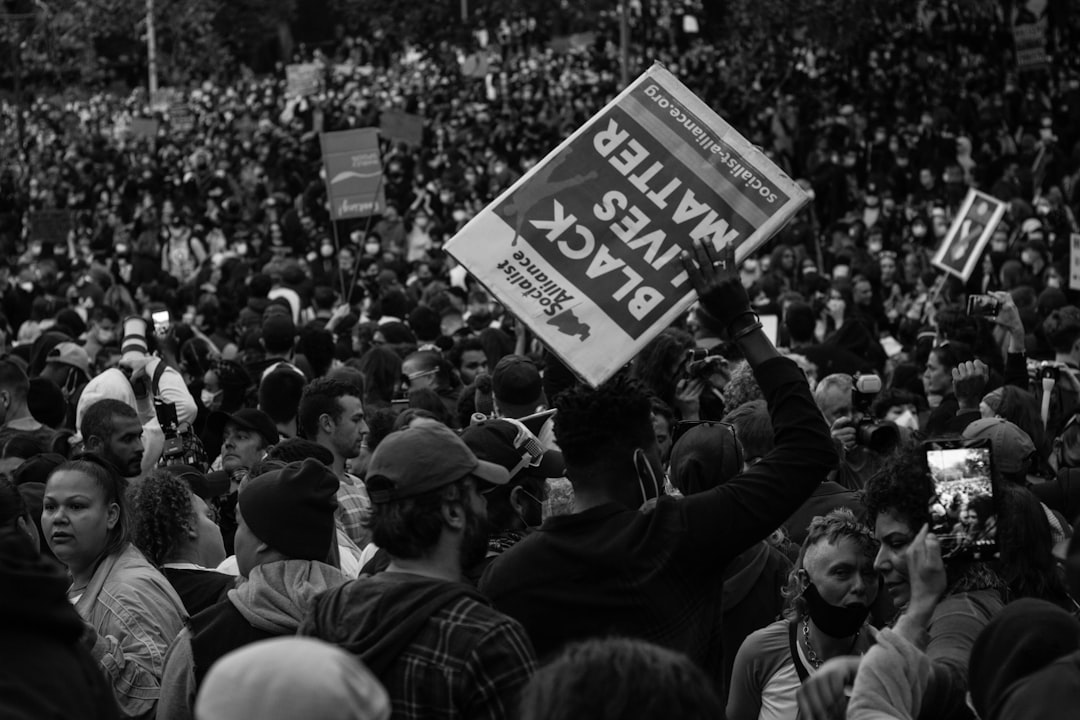What is it about?
This article examines how Korean American men negotiate practices and meanings of masculinity as they "return" to their ancestral homeland of South Korea. I find that respondents initially configure South Korea as a site where they may redeem their marginalized masculine identities by taking advantage of the privileges afforded to them by their American status. Over time, however, ‘‘returnees’’ come to realize the fluidity of masculinity and its ideals, exposing the tenuousness of their claims to a redemptive masculinity even in South Korea.
Featured Image
Why is it important?
Recent studies of ethnic return migration have explained why (economic, political, and affective) and where (Asia and Europe) this phenomenon has primarily occurred. Of the research available, however, few have examined the manner in which framings and practices of gender impact the experiences of those who participate in these transnational sojourns. This study fills this void by examining how Korean American male ethnic return migrants understand and negotiate their masculine identities, as they ‘‘return’’ to their ancestral homeland of South Korea.
Read the Original
This page is a summary of: Negotiating Masculinity across Borders, Men and Masculinities, March 2016, SAGE Publications,
DOI: 10.1177/1097184x16634800.
You can read the full text:
Contributors
The following have contributed to this page










